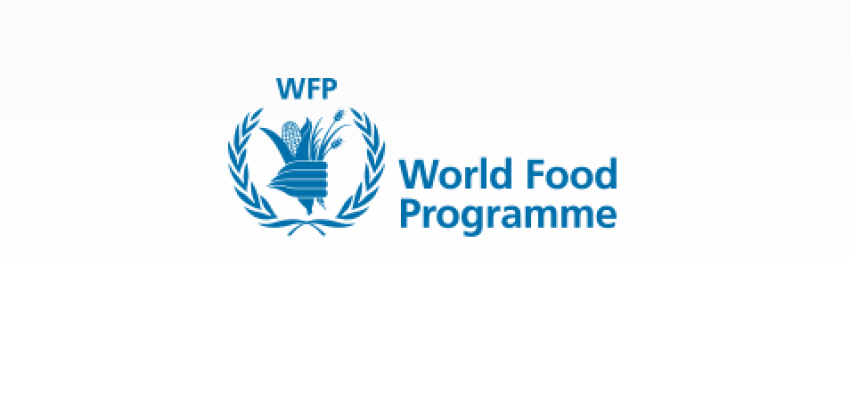The United Nations World Food Programme (WFP) says it will be forced to suspend all emergency food and nutrition aid for 1.3 million people in North-east Nigeria by the end of July due to “critical funding shortfalls” at the organisation.
According to a statement published on the UN agency’s website on Wednesday, WFP said it urgently requires $130 million to prevent an imminent pipeline break and sustain food and nutrition operations through the end of 2025.
“WFP’s food and nutrition stocks have been completely exhausted. The organisation’s last supplies left warehouses in early July, and life-saving assistance will end after the current round of distributions is completed,” the statement said.
It noted that the development comes at a time of “escalating violence and record levels of hunger” in the country.
Without immediate funding, the WFP warned that millions of vulnerable people will face impossible choices to endure increasingly severe hunger, migration, or possibly risk exploitation by extremist groups in the region.
The recent announcement by the WFP regarding the suspension of humanitarian assistance in Nigeria’s conflict-affected northeastern region comes about seven months after the Donald Trump administration implemented a significant reduction of 92 per cent in the United States Agency for International Development (USAID) foreign assistance budget.
This drastic budget cut has considerably diminished the agency’s capacity to support developmental initiatives in countries such as Nigeria.
Meanwhile, the detrimental effects of the US government’s abrupt policy to freeze funding are currently being experienced across several critical sectors, particularly in health and nutrition, throughout Africa and other nations in the Global South that have relied heavily on financial aid from the U.S. agency for their continued survival.
“Acute hunger in Nigeria”
On Wednesday, WFP Country Director for Nigeria, David Stevenson, said nearly 31 million people in Nigeria are now facing acute hunger, a record number.
“At the same time, WFP’s operations in northeast Nigeria will collapse without immediate, sustained funding. This is no longer just a humanitarian crisis; it’s a growing threat to regional stability, as families pushed beyond their limits are left with nowhere to turn,” he added.
The WFP said children will be among the worst affected if vital aid ends and that more than 150 WFP-supported nutrition clinics in Borno and Yobe states will close, ending potentially life-saving treatment for more than 300,000 children under two and placing them at increased risk of wasting.
In conflict-affected Northern areas, the UN agency said escalating violence from extremist groups is driving mass displacement, noting that some 2.3 million people across the Lake Chad Basin have been forced to flee their homes, straining already limited resources and pushing communities to the brink.
“When emergency assistance ends, many will migrate in search of food and shelter. Others will adopt negative coping mechanisms – including potentially joining insurgent groups – to survive,” Mr Stevenson said.
READ ALSO: Over 3.7 million people face food insecurity in North-east Nigeria ICRC
“Food assistance can often prevent these outcomes. It allows us to feed families, help rebuild economies and support long-term recovery.”
In the first half of 2025, WFP said it has been able to hold hunger at bay across northern Nigeria, reaching 1.3 million people with life-saving food and nutrition assistance.
The food emergency support agency said an additional 720,000 people were planned for the second half of the year before funding shortfalls jeopardised life-saving programmes.
“WFP has the capacity and expertise to deliver and scale up its humanitarian response, but the critical funding gap is paralysing operations,” the statement said.

